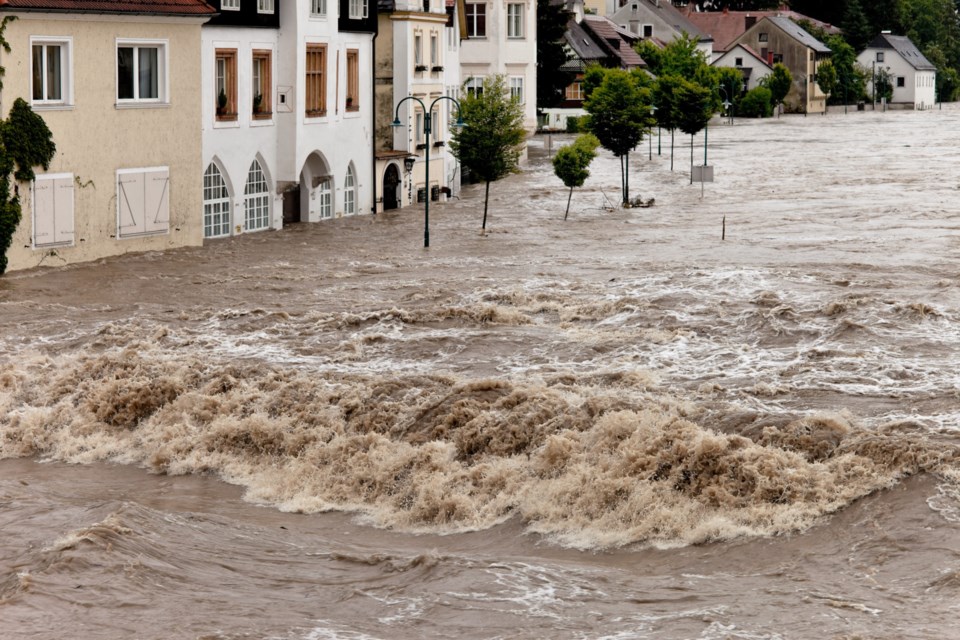One fascinating aspect of human behaviour is how we are hard-wired to accept information and data that supports our existing bias, and reject that which contradicts it. As the cliché goes, if you’re a hammer, everything looks like a nail.
Given none of us are omniscient and life cannot be lived in constant chaos, we make sense of all the information that floods our brain by sorting into patterns we recognize and/or our “bent,” including how we live day to day.
Confirmation bias, as it is known, makes it difficult (though not impossible) to have reasoned, rational arguments and thus can also be exacerbated by our profession.
For example, lawyers—fine people that they are—are predisposed to advocacy, because that’s how they gain the upper hand. Any useful lawyer will thus argue some version of the following if necessary: “While the accused, my client, did indeed steal that Rembrandt, he has long been an art lover and appreciates the Dutch masters and their nunaced colours. It would be a shame to return the painting to Mr. White who is colour-blind.”
On the flip side, scientists, mathematicians, engineers, accountants and others whose work involves hard data should, in theory, be more predisposed to getting to the core of a matter. Still, no one likes to be wrong or to be embarrassed. Even the most circumspect analyst will have an initial impulse to avoid conclusions that hollow out one’s previous stated position.
Sincere people with causes can also fall into the advocacy trap where confirmation bias backs up what they already believe. This occurred again recently with climate emergencies declared by multiple cities, the ones where councillors are convinced that the natural world is becoming more dangerous.
That made me recall a chart I posted from the Danish academic, Bjorn Lomborg on LinkedIn last year, on deaths from climate and non-climate related catastrophes.
The Lomborg graph showed a stark decline in deaths from climate-related activities over the decades. The climate-related disasters include floods, droughts, storms, wildfires and extreme temperatures. (Non-climate deaths resulted from earthquakes, tsunamis and volcanoes.) The numbers are stark: In the 1920s, climate-related deaths amounted to nearly 500,000 annually. By 2017, that number plunged to 25,000 annually, a 95% decline.
Despite the decline pointed to by Lomborg, the data was disbelieved by some. One poster argued the data was “baked.” Others were also in denial about the figures. But Lomborg’s source was credible: His chart was based on the International Disaster Database, created in 1988 by Brussels-based Centre for Research on the Epidemiology of Disasters in Brussels and with initial funding from the World Health Organisation (WHO) and the Belgian Government.
As the Centre points out, their database results from multiple sources: United Nations agencies, non-governmental organizations, insurance companies, research institutes and press agencies.
The database is a treasure trove of tracking and facts, tracing the occurrence and effects of “over 22,000 mass disasters in the world from 1900 to the present day.” Recently, between 2008 and 2017, the average number of annual disasters was 348 and for the most recent year, 2018, the Centre reports 315 natural disasters and 11,804 deaths from those events. They ranged from fires in Greece which killed 100 people to ones in California that took 88 lives, characterized by the Centre as the deadliest wildfires in California’s history. (Non-climate examples included the deadliest natural disaster last year in Indonesia, where an earthquake triggered a tsunami, which together killed 4,340 people.)
As the Centre notes, critically, the point of its empirical efforts is “to provide an objective base for vulnerability assessment and priority setting.” That helps inform humanitarian action at national and international levels when crises hit.
In other words, the database is an attempt to counter confirmation bias and instead ground action in data and empirically-derived conclusions.
For the record, the Centre for Research on the Epidemiology of Disasters itself argues that carbon emissions matter, though also taking the alarmist position (“time is running out” it notes in another publication) , even though its own statistics show just over 1.2 million deaths from climate-related deaths since 2000, again, part of the dramatic one-century decline.
To put in some context, the worst natural disaster in the 20th century I could find (excluding famines that were the result of state policy and/or civil war) was the central China floods of 1931. In just that year and in just one natural disaster, the estimates are that between 2 million and 3.7 million people were killed. The deaths from climate-related activity as its own data shows, are down, substantially. It is not clear that deaths will rise in the future.
Back to the Lomborg chart anchored in the International Disaster Database. It’s no surprise that deaths from climate-related catastrophes plunged since one century ago. If you look at their database in even the most recent years, it becomes clear where most people are affected (and beyond just deaths): In poorer countries without the capacity to prepare for natural disasters, including better, safer buildings to withstand typhoons and survive most earthquakes. Poorer countries are obviously less able to respond quickly and adequately in times of crisis.
In any event, our own biases aside, the database demonstrates that modern, prosperous economies save lives. Any musing on climate and natural disasters should also include that reality.
Mark Milke is an independent public policy analyst. His newest book is The Victim Cult: How the culture of blame hurts everyone and wrecks civilizations.
SWIM ON:
- Mark Milke on Canada's culture of political apologies - does it help?
- Rick Cluff sat down with Roslyn Kunin to discuss the war on poverty. We need to do better - but the statistics say we're winning it.
- Is BC's economy slowing down? Maclean Kay on the BC government's quietly worrisome quarterly update.



